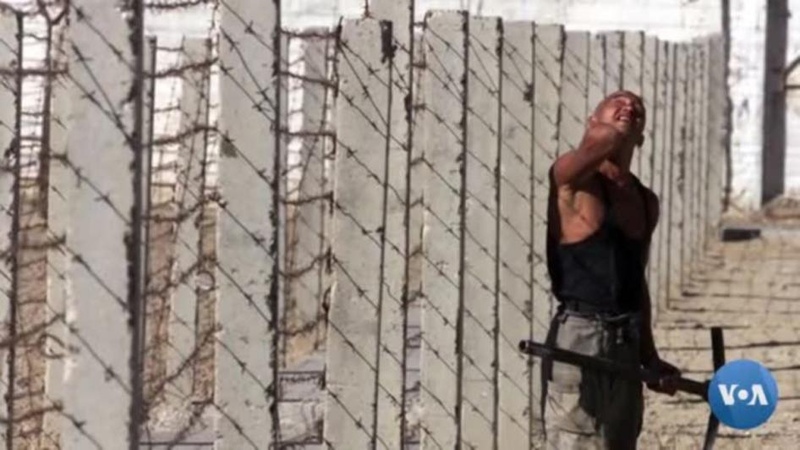
AKIPRESS.COM - Uzbekistan should carry out the United Nations Committee Against Torture’s recommendations to end the “widespread, routine torture and ill-treatment” in the country, Human Rights Watch said.
The committee’s review of Uzbekistan under the Convention against Torture highlighted that the steps Tashkent has taken to curb the use of torture have been insufficient. Urgent further measures should include full implementation of a ban on the use of torture-tainted evidence in court, opening criminal trials to the public, and rehabilitating former political prisoners tortured while in jail.
“The UN committee findings are a wake-up call to the realities of human rights in Uzbekistan today,” said Hugh Williamson, Europe and Central Asia director at Human Rights Watch. “The reforms led by President Shavkat Mirziyoyev are important, but this report shows that key pillars of the country’s abusive, authoritarian system are still in place.”
Human Rights Watch said it has over many years documented the use of torture in detention in Uzbekistan, including beatings with rubber truncheons and water-filled bottles, electric shock, hanging by wrists and ankles, rape and sexual humiliation, asphyxiation with plastic bags and gas masks, threats of physical harm to relatives, and denial of food or water. It has also documented cases since President Mirziyoyev came to power in September 2016.
The committee, which held hearings with the Uzbek government and Uzbek regional and international nongovernmental groups in November in preparation for its December 6 report, said that “complaints of torture received by the prosecutor’s office increased tenfold from 2017 to 2018.” It said it was concerned however that “the number of cases in which officials were prosecuted for torture did not increase at a commensurate rate.” No specific data was provided.
The committee said it was aware of reports of an unspecified number of deaths in prison as a result of torture.
The committee said it “remains deeply concerned at reports that torture and ill-treatment continue to be routinely committed by, at the instigation of and with the consent of the State party’s law enforcement, investigative and prison officials, principally for the purpose of extracting confessions or information to be used in criminal proceedings.”
The committee welcomed important legal steps by President Mirziyoyev and his government to “reduce incentives to perpetuate torture and [that] make it mandatory for procuratorial authorities and courts to verify reports of torture.” These included banning the use of torture-tainted evidence in court. It expressed concern, however, over continued reports that judges and prosecutors “tend to disregard and decline to investigate” allegations that confessions were obtained through torture. Prosecutors and judges should in future ask all defendants in criminal cases “whether they were tortured,” the committee said.
The committee said that Uzbek authorities should collect data on its steps to reduce incentives to use torture and make the data public. It also expressed concern that confessions had been used in a number of criminal trials in which defendants alleged torture and that trials of people accused of committing torture were held behind closed doors. Criminal trials should be “open to the public” the committee said.
The release from prison of “a substantial number of human rights defenders and journalists since September 2016” was welcomed by the committee. However, it criticized Uzbek authorities’ rulings that all of the claims of torture and arbitrary detention by these former political prisoners were “unsubstantiated.” The committee said Uzbekistan should take steps to “exonerate” those convicted in unfair trials or on the basis of torture-tainted evidence; provide them with “redress, including compensation and rehabilitation”; and should “consider creating an independent commission to investigate these matters.”
It criticized the government’s rejection of an application by a group of former political prisoners to establish a nongovernmental group focused on rehabilitation.
